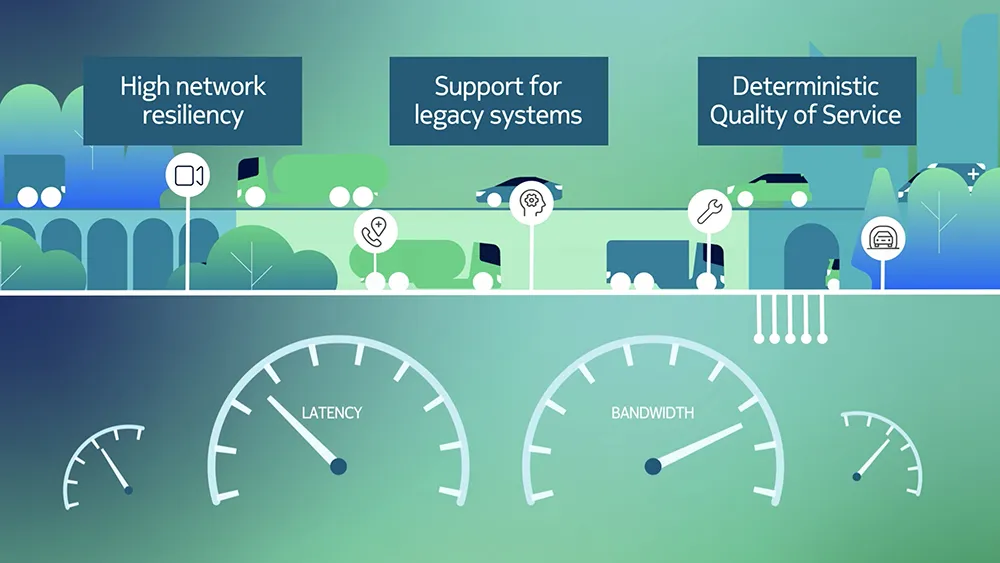
Dr Kathryn Clay is to take over as executive director and CEO of IBTTA.
She will begin the role on 6 January 2025, replacing Pat Jones, who led the tolling organisation for 23 years.
Clay is "a seasoned association leader with a unique blend of scientific expertise, policy acumen and operational success", says IBTTA.
She was most recently president and CEO of the International Liquid Terminals Association, and her career has taken in senior roles in energy, technology, and public policy, including work on Capitol Hill, where she helped shape legislation such as the Energy Policy Act of 2005 and the Energy Independence and Security Act of 2007.
Clay said she was honoured to join IBTTA "at this pivotal moment for transportation and infrastructure".
“Patrick Jones has left an extraordinary legacy of collaboration and leadership, and I look forward to building on that foundation," she added. "As infrastructure funding gaps grow, tolling and user-fee financing are more critical than ever to ensuring safe and sustainable transportation systems. Together with IBTTA's members, we will advance innovative solutions that connect communities, support economic growth and address the challenges of the future.”
James Hofmann, CEO and executive director of the North Texas Tollway Authority - and 2025 IBTTA president - praised Clay's "multidisciplinary expertise in science, energy, technology and public policy", which he said "aligns perfectly with IBTTA’s mission to advance innovative and sustainable transportation systems".
"With Kathryn’s leadership, we are ready to address the critical infrastructure funding gaps facing our communities" Hofmann continued. "Tolling and user-fee financing are essential tools for building and maintaining sustainable transportation systems, and Kathryn’s vision and expertise will help position IBTTA to drive innovative solutions for these pressing challenges.”
Clay will share her vision for the future of tolling and user-fee financing at the IBTTA Technology Summit in Dallas, which runs from 22-25 March.









